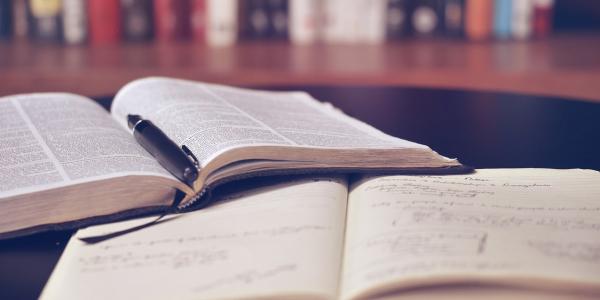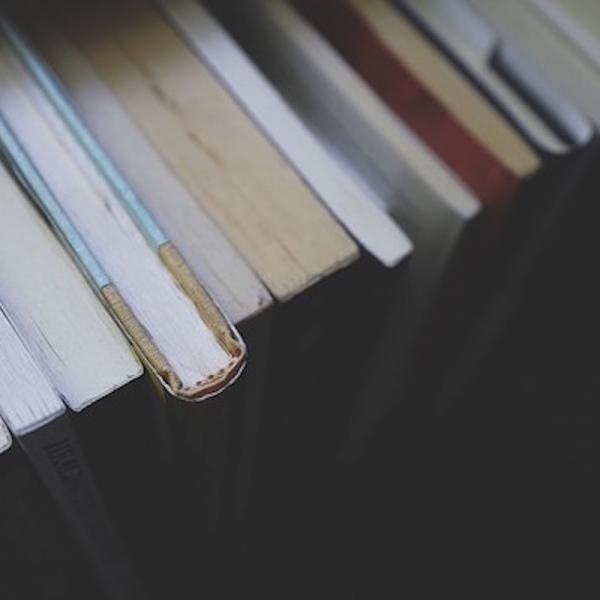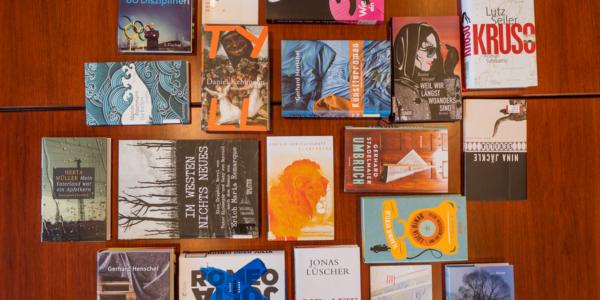Visitor Programs
Over several decades, the Max Kade visitor programs have welcomed numerous preeminent writers, critics, and scholars to Washington University. For a look into this history, view all past visitors. These guests have and continue to contribute to our vibrant department and university community.
Max Kade Writers & Critics
Every spring since 1985, the Max Kade Center has invited one prominent writer and one leading critic from a German-speaking country to teach a graduate course on contemporary German literature. The visitors are supported by a grant from the Max Kade Foundation in New York. On the occasion of the 10th anniversary of the Center in 1995, the authors returned to participate in a symposium on multicultural literature in the German-speaking countries. See: Paul Michael Lützeler (ed.) Multiculturalism in Contemporary German Literature, special issue of World Literature Today, (Summer 1995). In German: Schreiben zwischen den Kulturen (Frankfurt am Main: Fischer Taschenbuch, 1996). In 2010, the Max Kade Center celebrated its 25th birthday with a symposium on Contemporary German Literature: eight former critics, eight former writers and eight scholars contributed. See: Paul Michael Lützeler, Jennifer Kapczynski (ed.), Die Ethik der Literatur. Deutsche Autoren der Gegenwart (Göttingen: Wallstein, 2011).
Max Kade Fellows
For twelve years, the Max Kade Center was able to reinvite one former Max Kade Writer or Critic per year, under the auspices of the Max Kade Fellowship. As a Max Kade Fellow, this writer or critic returned to spend four to six weeks at Washington University to finish a project and to interact with faculty and students.
Fritz Thyssen Stiftung, VolkswagenStiftung, and Robert Bosch Fellows
For fifteen years, the Fritz Thyssen Stiftung in Cologne, the VolkswagenStiftung in Hannover, and the Robert Bosch Stiftung in Stuttgart, granted fellowships which brought leading scholars from Germany, Austria, and Switzerland in the field of Germanistik to Washington University. These scholars conducted research and established contacts with faculty and students. They also taught one weekend seminar on contemporary German literature, to which writes and translators also contributed. Travel grants were available for students and faculty from American universities. Some of these weekend seminars were conducted at the Deutsche Literaturarchiv in Marbach, Germany.



